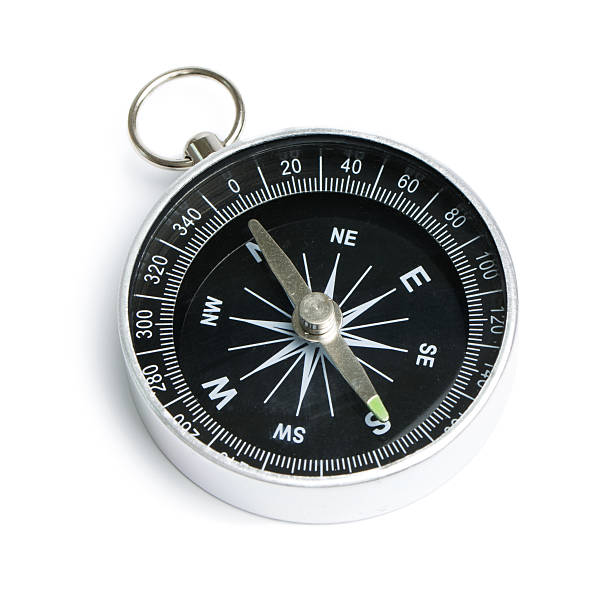The Past
I remember the day my late grandma joined Facebook, wrote me
a message asking ‘will you be my friend?’ She then disabled her account a week
later because ‘Too many people were commenting on her posts.’
I am becoming more in tune with the opportunities available
for social networking. Since I started the Mindlab course I have started using
a greater range. Although my ‘go to’ social media site is the Primary Teachers Facebook Forum. I am
also part of New Zealand Spearfishing and Wairarapa Underwater Club forums.
These forums are being updated frequently and a lot of posts that are relevant
to me appear on these forums.
The thing that causes me concern with these forums is that
there can be a rolling snowball effect of opinionated comments. I saw a post on
the Primary Teachers forum today which had 230 comments, most of which were
pointed in the same direction. A couple of strong headed people can make it not
worth sharing your thoughts.
The Current
This year I have become a twitter user and I find it to be
more on track and focused for teachers than Facebook. Blogs have also peaked my
interest recently. I have found blogs by education leaders like Maurie Abraham
and Claire Amos to be relevant, and at times inspiring.
In contrast, for school students, I have always seen social
networking as a two edged sword. It can do wonderful things; but it can also
cause harm. Teaching at an intermediate school I see the negative effects of
social networking on a regular basis. Before I was at an intermediate I taught
at a 1000 student secondary school. The effects of social networking would
leech into school life daily. Keyboard warriors, trollers, and sharing inappropriate
media between peers were problems that teachers were mediating more often than
they should have to.
In a positive light I see social networking doing wonderful
things in google classroom and our school Facebook page, which is updated
daily. In my first assignment about digital and collaboration innovation for
mindlab I made a rubrik cube club where students made blogs about learning how
to solve the cube. I thought this was a good idea and reached out to a larger
audience in our school. I can also see
some of the positives that the Innovative
Pedagogy (2016) paper describes. I can see there are a range of
opportunities for educators now.
The future progressions
Five years ago I was stoked to get my own projector in my
own room.
Last week I took some
photos after winning a hockey tournament. I posted these photos on the school Facebook
page, getting the first like in under 1 minute. The local paper got a hold of
me, I wrote an article, which was printed on the next Tuesday. I took a photo
of this and put it on twitter (because I was quite proud of the article). This
event travelled to around 30,000 people and counting in under a week. The kids
shared a sense of accomplishment, especially the ones I quoted in the article.
It shows how quickly things can travel via social media (positive or negative).
It also shows what is available now to share.
My one concern about social networking is the ‘on call’
nature that teaching has become. Parents e-mail all the time, they get your
number and text, and google classroom makes teacher access 24-7. This was seen
as a positive in the clips by Office of
Ed Tech (2013), but I fear it will consume teachers even more.
References
Office of Ed Tech. (2013, Sep 18).
Connected Educators. [video file]. Retrieved from https://www.youtube.com/watch?t=216&v=K4Vd4JP_DB8
Tvoparents. (2013, May 21). Using Social Media in the Classroom.[video
file]. Retrieved from https://www.youtube.com/watch?v=riZStaz8Rno
Sharples,
M., de Roock, R., Ferguson, R., Gaved, M., Herodotou, C., Kukulska-Hulme, A.,
Looi, C-K,. McAndrews, P., Rienties, B., Weller, M., Wong, L.H. (2016)
Innovating Pedagogy 2016: Open University Innovation Report 5. Milton Keynes:
The Open University.
Melhuish, K.(2013). Online social networking and its
impact on New Zealand educators’ professional learning. Master
Thesis. The University of Waikato. Retrieved on 05 May, 2015 from http://researchcommons.waikato.ac.nz/bitstream/han...








